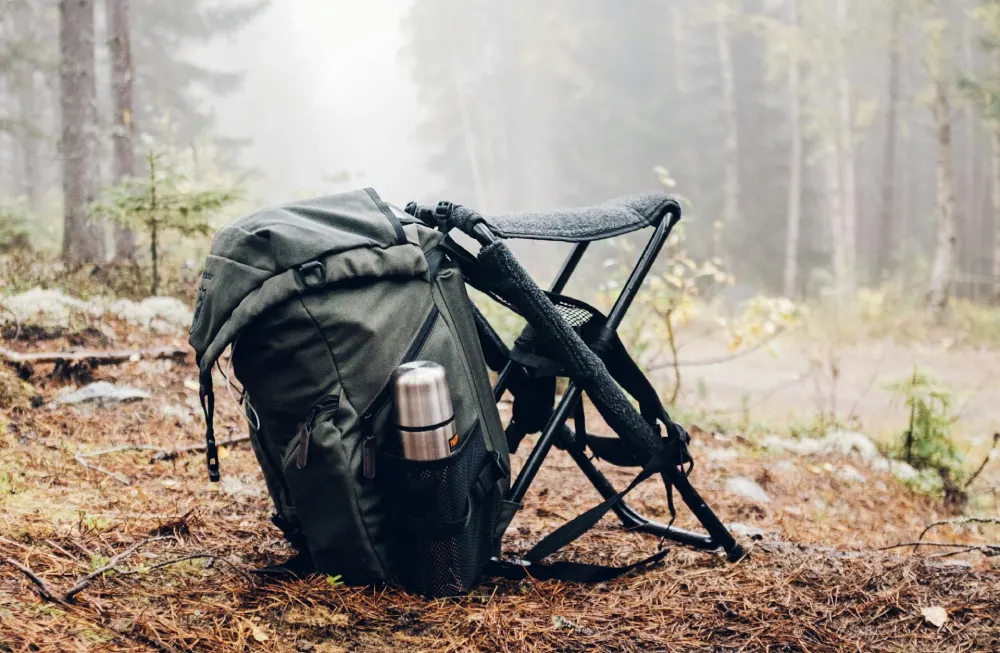Hunting isn’t just about the thrill of the chase anymore. For many, it’s also about preserving the very environments that make hunting possible. Sustainable hunting practices and gear are changing the sport into an avenue for conservation and ethical responsibility. Whether you’re a seasoned hunter or new to the field, here’s what you need to know about going green in the wild.
What Is Sustainable Hunting?
Sustainable hunting goes beyond just respecting hunting seasons or quotas. It’s a complete approach that emphasizes:
- Ethical practices: Minimizing harm to wildlife populations and their habitats.
- Conservation efforts: Supporting ecosystems through responsible choices.
- Eco-friendly gear: Opting for materials and tools that reduce your environmental footprint.
It’s not just about what you hunt, but how you prepare, execute, and reflect on your hunting adventures.
Why Choose Sustainable Hunting Gear?
Environmental Benefits
Traditional gear often involves harmful manufacturing processes. Sustainable gear is made with materials like:
- Recycled synthetics: Repurposed plastics turned into durable fabrics.
- Organic cotton: Reduces pesticides and fertilizer use.
- Sustainably sourced wood: Ensures forests remain intact for future generations.
Ethical Considerations
Eco-friendly hunting supports wildlife safety:
- Lead-free ammunition: Prevents poisoning in scavenger species.
- Minimal-impact tools: Designed to blend with and respect the natural environment.
Durability and Cost Savings
High-quality sustainable gear often lasts longer, saving you money over time. For example, a jacket made from recycled materials can withstand multiple seasons compared to cheaper alternatives that need frequent replacement.
Key Categories of Sustainable Hunting Gear
Clothing and Footwear
Prioritize materials like:
- Merino wool: Naturally breathable, moisture-wicking, and odor-resistant.
- Recycled polyester: Durable and water-resistant, often made from repurposed plastics.
Ammunition
- Copper bullets: A safer, lead-free alternative that doesn’t compromise performance.
Bows and Arrows
- Look for wood certified by the Forest Stewardship Council (FSC).
- Arrows made with recycled components for a reduced ecological footprint.
Camping Gear
- Canvas tents and stainless steel cookware: Built to last and easy to repair.
- Energy-efficient stoves: Use recycled fuel canisters for minimal waste.
Accessories
- Reusable game bags: Often made from recycled fabrics.
- Biodegradable calls: Crafted from materials like slate or wood.
Tips for Choosing Sustainable Gear
Research Brands
- Opt for companies with certifications like FSC or bluesign®.
- Explore brands that emphasize sustainability in their missions.
Consider Durability
- Invest in gear that’s built to last, reducing replacement cycles and waste.
Think About Reparability
- Choose items with repair kits or replacement parts available.
Prioritize Recycled Materials
- Many products incorporate recycled plastics, reducing the need for virgin resources.
Caring for Sustainable Gear
Maximizing the lifespan of your gear is just as important as choosing the right products:
- Follow care instructions: Use eco-friendly detergents and waterproofing solutions.
- Repair when needed: Learn simple fixes or utilize repair services.
- Dispose responsibly: Donate usable items or recycle materials through take-back programs.
Recycling Brass Shells: A Simple Step
Recycling spent brass shells is an easy, effective way to cut down on waste. Many recycling programs or shooting ranges accept them, turning old shells into new products. This reduces pollution and supports resource conservation.
The Bottom Line
Sustainable hunting is a responsibility. Hunter’s role in wildlife conservation is an important factor of sustainable hunting. By choosing eco-friendly, durable gear and embracing ethical practices, you ensure the sport remains viable for future generations. Plus, you contribute to the conservation of the landscapes and wildlife we all cherish.
Take the first step today. Research sustainable options, choose wisely, and make a positive impact every time you head into the wild.




